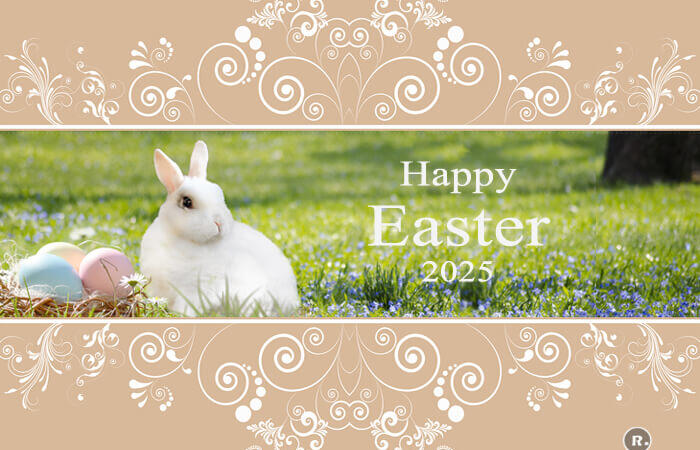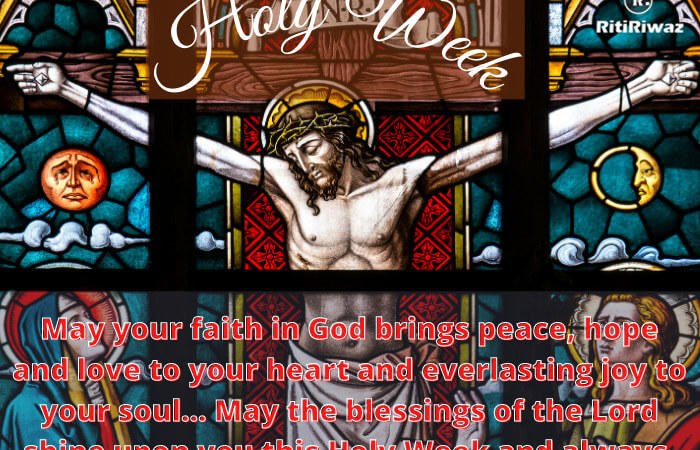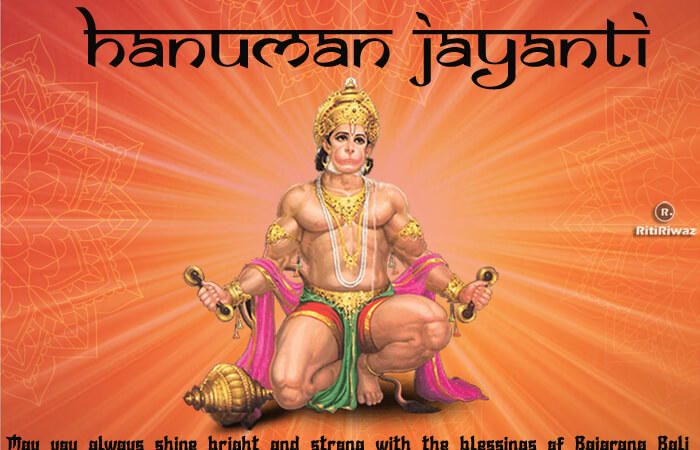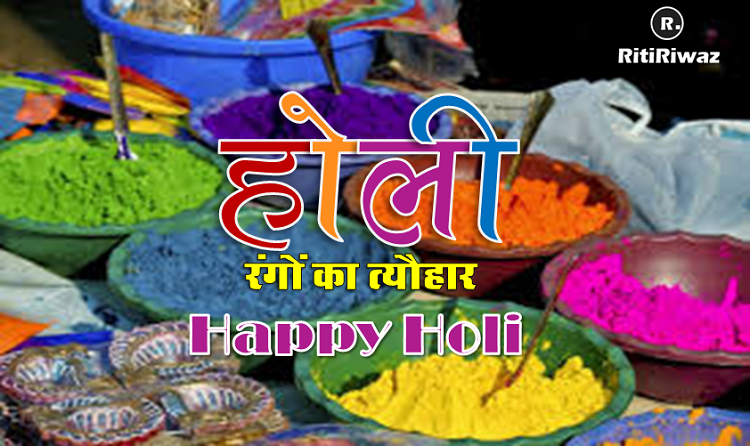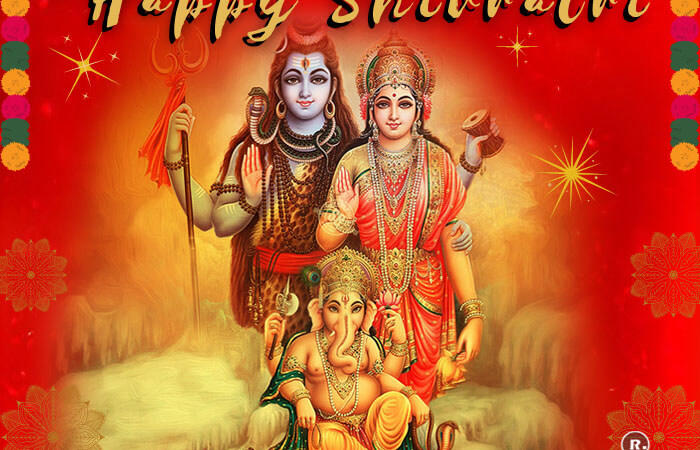Bhogi Festival | Bhogi Celebration | Bogi Festival
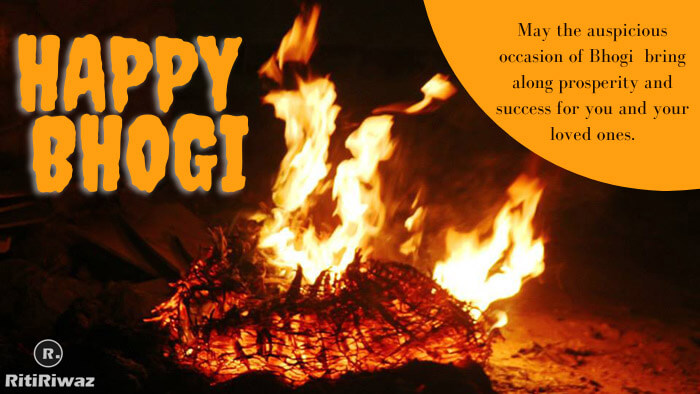
The first day of the four-day Pongal festival is called Bhogi (भोगी: Hindi) (భోగి: Telugu) (போகி: Tamil). The festival is widely celebrated in South India in Tamil Nadu, Andhra Pradesh, and Telangana, Maharashtra, and is celebrated on the same day as Lohri in North India. In Tamil Calendar, this corresponds to the last day of the Tamil month Maargazhi. The word Bhogi comes from the word Bhog which means “bountiful harvest”.
Bhogi is considered the auspicious day for the ‘ringing out the old – and – ringing in the new’ (removing all the old unwanted items in the house and replacing them with fresh ones). The rice grains which were sown in the Tamil month of Adi will be harvested on the Bhogi day and taken to the houses. In Maharashtra and Karnataka also the first day of Makar Sankranti is known as Bhogi.
When is Bhogi
The first day of Pongal is celebrated on 13th January (Sometimes falls on 14th January) of the Gregorian Calendar.
Tradition of Bhogi
As per the tradition, the old unwanted items in the house are removed and the cleaning of the house is taken up removing the dirt and unwanted items, it was called originally Pokki pandigai – Pokku in Tamil means removal (of dirt and unwanted items). Now called Bhogi, it is celebrated on the eve of the famous Pongal festival.
Prior to the Bhogi day, people clean their houses and collect objects like old broken furniture, spoiled mats, used brooms, used winnowers, logs and dry branches of trees, etc. On Bhogi day they put bonfires in front of their houses with collected objects in the early hours. Some people boil water in pots on these bonfires for taking an oil bath with this water. In rural areas, women join hands and go around bonfires singing and dancing. Cleaning is a significant part of this Bhogi day as the next day is Makara Sankranti a new beginning when the sun enters the Makara zodiac which signifies warmer days ahead. The significance of the bonfire, which is burnt the agricultural wastes and firewood is to keep warm during the last lap of winter.
Kolam
To mark the auspicious change in the seasons, it is a day of cleaning and cleansing of old clothes, furniture, and unused items that are thrown away to make a new start in life. Along with cleaning the house, people decorate the floor of the house by making “kolam” which is made from new rice paste. On Bhogi people may create colorful geometric floor and ground designs in rice flour and flower petals (rangolis) as good luck symbols to welcome the Sun’s new cycle. In the middle of those kolams, make cow-dung balls and decorate pumpkin flowers in them. To celebrate this day, people/farmers bring home their new rice, turmeric, and sugarcane from the fields. Bhogi is celebrated the day preceding Thai Pongal, Makar Sankranti, and Lohri.
Spiritual significance
The festival of Bhogi is the first day of Pongal and is celebrated in honor of Lord Indra, “the God of Clouds and Rains”. Lord Indra is worshiped for the abundance of harvest, thereby bringing plenty and prosperity to the land.
Thus, Bhogi day is also known as Indran. On Bhogi all people clean out their homes from top to bottom and collect all unwanted goods. This day is meant for domestic activities and for being together with the family members.
In Tamil Nadu, Bhogi is also celebrated as the marriage of Andal with Lord Ranganatha. Andal was a poetess of the Bhakti genre. Andal’s 30 days of prayers & divine poetry culminated on Bhogi and Her wedding is celebrated with a feast in every Vishnu temple of Tamil Nadu. Her poetry is called Tiruppavai. Tiru means “holy, noble, good” and Pavai means “maiden, doll”.
Other names of Bhogi
- Bhogi Pandigai in Tamil Nadu
- Lohri in Punjab and other parts of North India
- Maghi Bihu or Bhogali Bihu in Assam
- Chappan Bhog in Orissa

